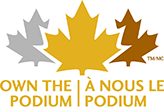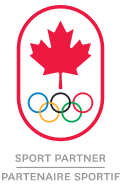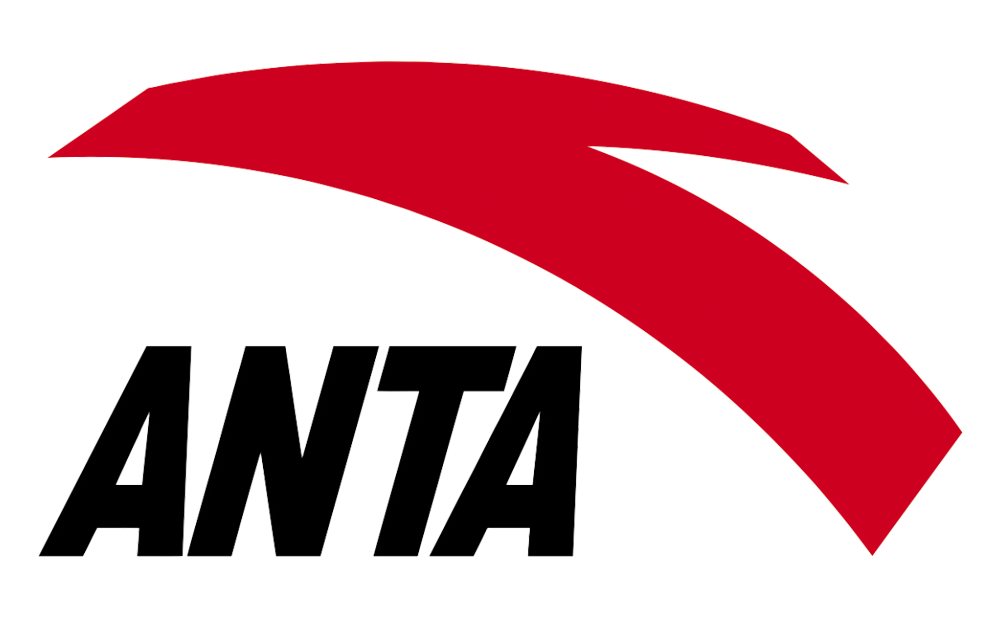Safety & Concussions
- What is a Concussion
- Pre-Season Information
- How to assess a concussion
- Concussion Protocol
- Baseline Testing
- Making Headway
- Reporting a concussion
Resources Centre
What is a Concussion?
Concussion
Concussion means ‘[a] form of traumatic brain injury induced by biomechanical forces that results in signs and symptoms that are typically resolved spontaneously within 1 to 4 weeks of injury. [1]
In plain language, a concussion:
Is a brain injury that causes changes in how the brain functions, leading to symptoms that can be physical (e.g. headache, dizziness), cognitive (e.g., difficulty concentrating or remembering), emotional/behavioural (e.g., depression, irritability) and/or related to sleep (e.g., drowsiness, poor quality of sleep);
May be caused either by a direct blow to the head, face or neck, or a blow to the body that transmits a force to the head that causes the brain to move rapidly within the skull;
Can occur even if there has been no loss of consciousness (in fact most concussions occur without a loss of consciousness); and,
Cannot normally be seen on x-rays, standard CT scans or MRIs.
Suspected Concussion
Suspected Concussion means the recognition that an individual appears to have either experienced an injury or impact that may result in a concussion, or is exhibiting unusual behaviour that may be the result of concussion.
Concussion Diagnosis means a clinical diagnosis made by a medical doctor or nurse practitioner.
Links to Resources:
Coaching Association of Canada – Making Head Way
Concussion Awareness Training Tool
[1] McCrory P, Meeuwisse W, Dvorak J, et al. “Consensus statement on concussion in sport – the 5th international conferene on concussion in sport held in Berlin, October 2016,” in Br J Sports Medicine 51(11), 838-847.








